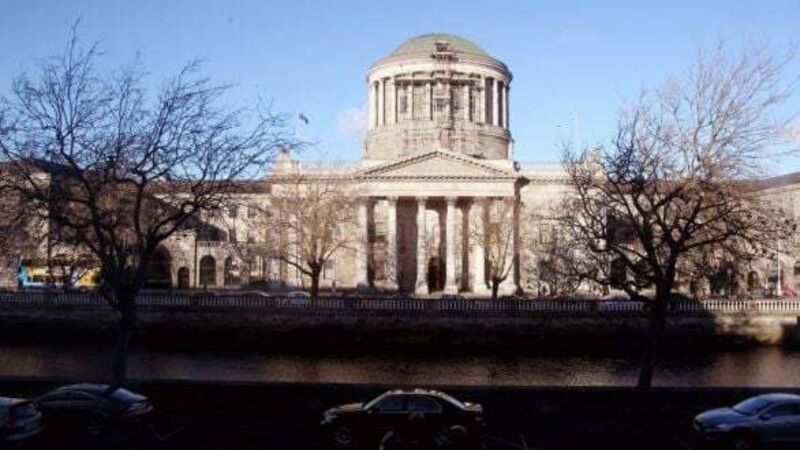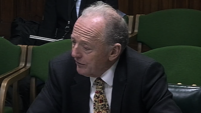Farmers lose challenge over prosecutions for preventing access to bogland

High Court reporters
Two farmers have lost a High Court challenge to their prosecutions under natural habitats protection legislation for allegedly refusing to allow parks and wildlife officers access to their bogland.
Gerry Gearty and Sean Beirne, both of Eddercloone, Carrick-on-Shannon, Co Leitrim, are facing charges in Longford District Court for allegedly obstructing National Parks and Wildlife Service officers and gardaí who sought access to their property at Cloneen bog in Longford in June 2012.
Those prosecutions were stayed pending determination of High Court challenges over the European Communities Act 1972, which gave effect to the EU Habitats Directive, under which the officers sought access to their land.
The men claimed the Constitution did not allow for the creation of an indictable offence other than by way of primary legislation. It was also claimed the provisions which allow for the introduction of such regulations which create such offences are invalid.
The domestic regulations which gave effect to the EU directive is the European Communities (Birds and Natural Habitats) Regulations 2011 which were introduced to conserve natural habitats and wild fauna/flora.
The regulations create criminal offences for obstructing wildlife officers and, on conviction, carry financial penalties as well as providing for sentences of imprisonment.
Represented by Rosario Boyle SC and Anthony Lowry BL, the men brought the challenge against the Director of Public Prosecutions (DPP), the judge of the Longford District Court, the Minister for Arts Heritage and the Gaeltacht, and the State.
The respondents represented by Brian Kennedy SC, Conor Power SC and Emily Egan McGrath BL, opposed the challenge.
On Thursday, Mr Justice Garrett Simons dismissed their challenge.
He said the provisions of Section 3(3) of the European Communities Act 1972 are capable of being interpreted and applied in a manner which is consistent with the requirements of Article 15.2(1) of the Constitution.
The State, as a member of the EU, is required to put in place effective, proportionate and dissuasive penalties for an infringement of European law, he said.
A criminal offence must be created in order to give effect to the EU legislation, he said.
The discretion to do so is confined to deciding on the detail of the offence which is subject to the maximum penalties prescribed by the Oireachtas, and guided by the principles and policies in the relevant EU legislation, he said.
It followed that the challenge to the validity of the relevant part of the European Communities Act 1972 must be dismissed, he said.









